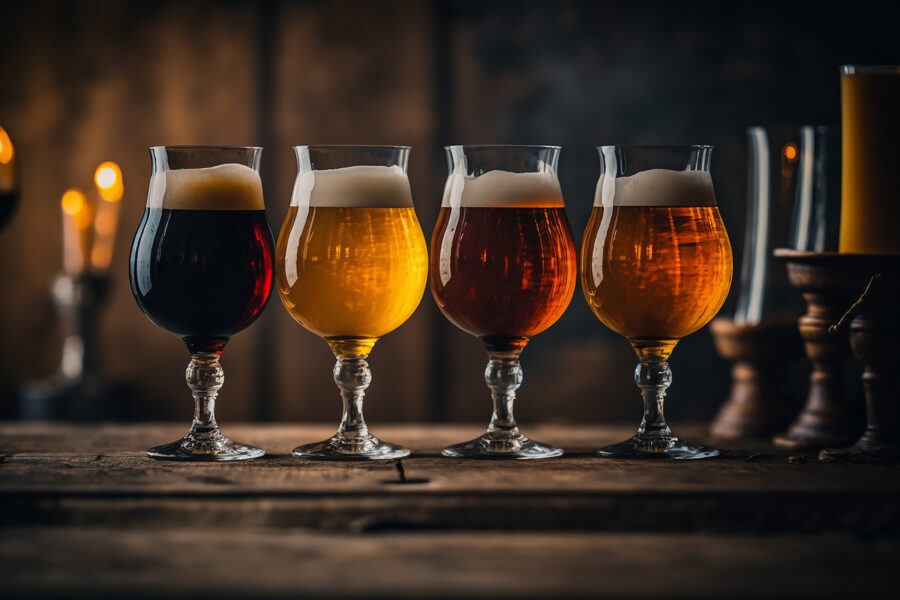The use of fruit purees is a transition towards brewing in alignment with nature’s bounty. For brewers looking to innovate and captivate with their craft beers, fruit purees offer a pathway filled with color, flavor, and creativity. So this Craft Beer Week, let’s raise our glasses to more adventurous, vibrant brews infused with the very best of nature. Ready to create unique beers that taste great and tell a story of quality and innovation? Start with 100% all fruit Puree Arête fruit puree.
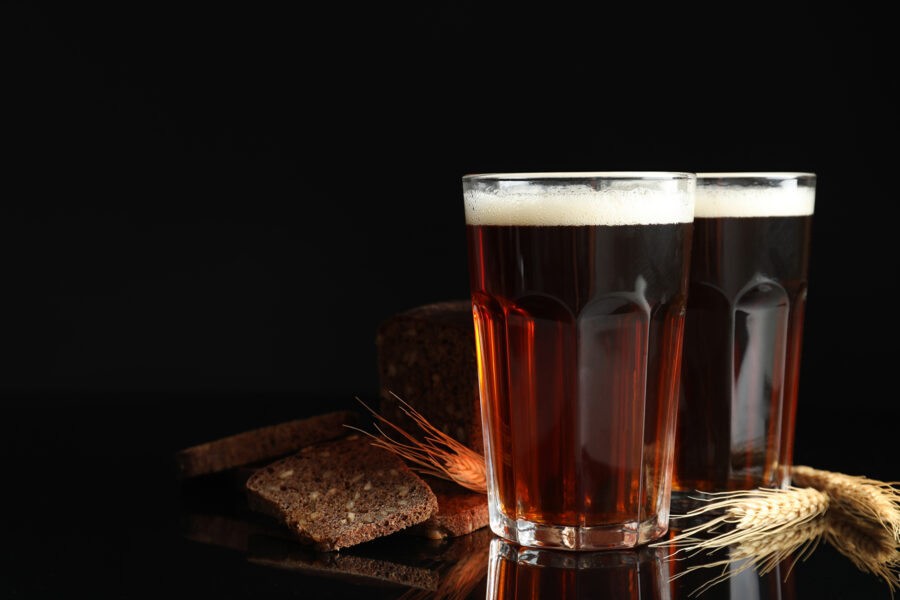
Here at Puree Arete, we're raising a glass to the versatility of our White Peach Puree, a brewer's secret weapon for creating summery sensations in your next batch.
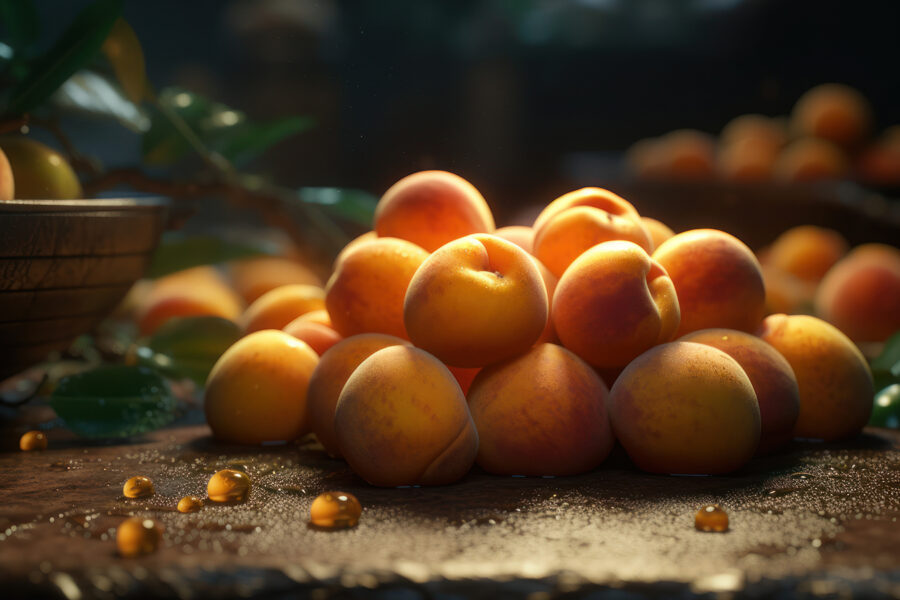
Here at Puree Arete, we're raising a glass to the versatility of our White Peach Puree, a brewer's secret weapon for creating summery sensations in your next batch.
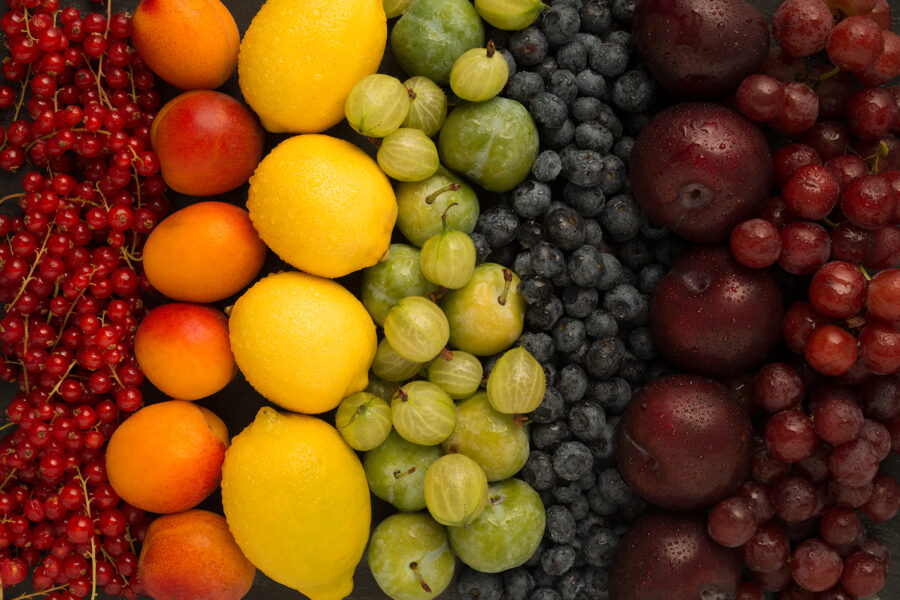
Dabbling in fruit beers isn’t just about adding a twist to the traditional though; it's about creating a whole new flavor experience for beer drinkers.
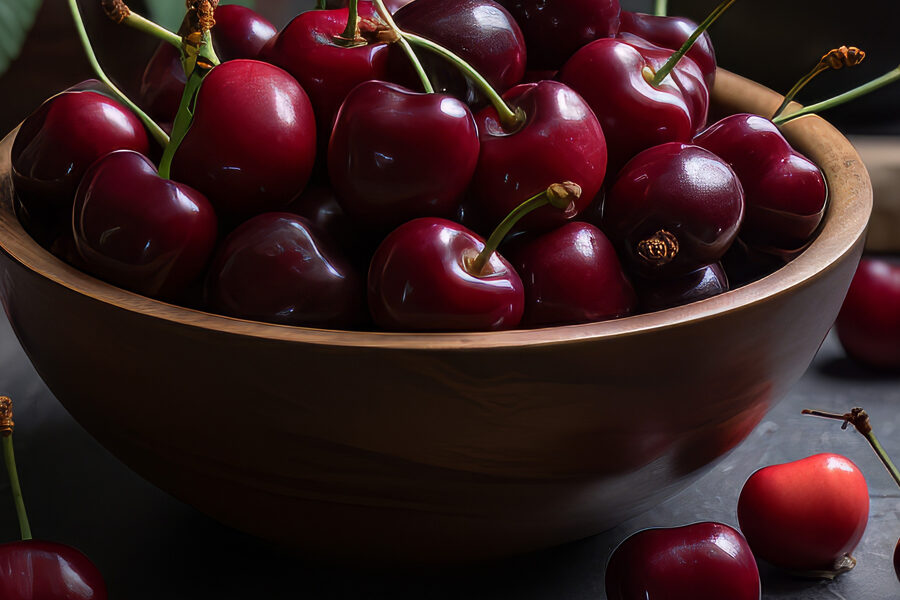
For adventurous brewers pushing the boundaries of flavor, Puree Arete's Sweet Cherry Puree unlocks a door to a delicious new dimension.

Research shows health-conscious consumers are driving an increase in the fruit beer market. Modern drinkers prefer beverages that are beneficial for the body.
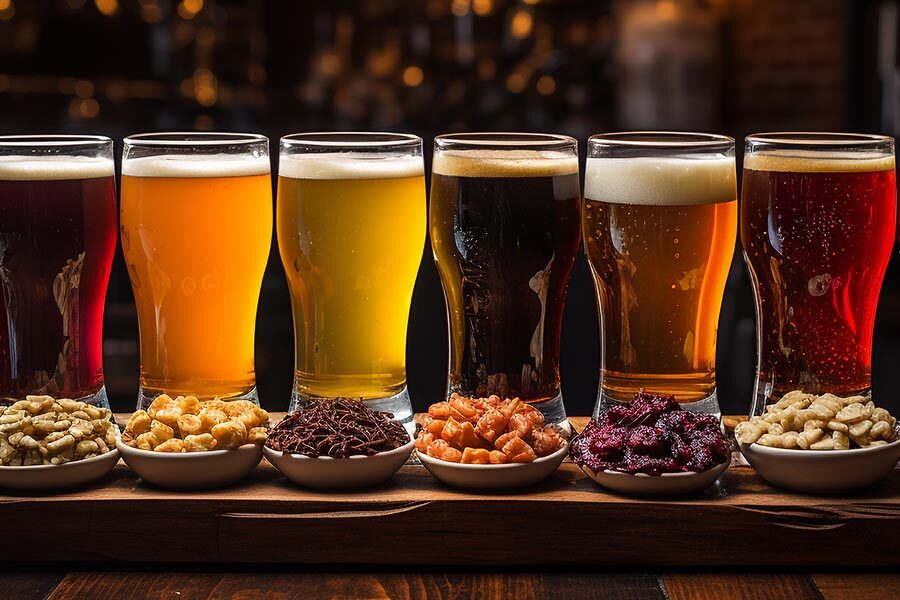
Puree Arete's natural, sugar-free fruit purees enhance beer flavors, aromas, and complexities, ensuring consistent, dimensional brews.
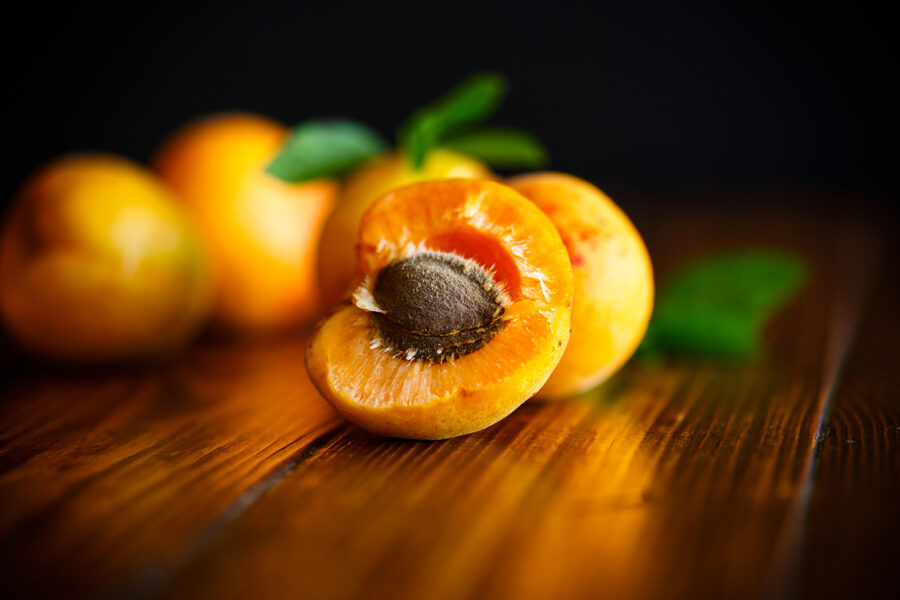
A pint of apricot-infused winter ale tastes like a slice of summer preserved in a glass, providing a welcome contrast to the winter landscape outside. Here are some possible apricot-infused winter ale options for adventurous brewers to consider.
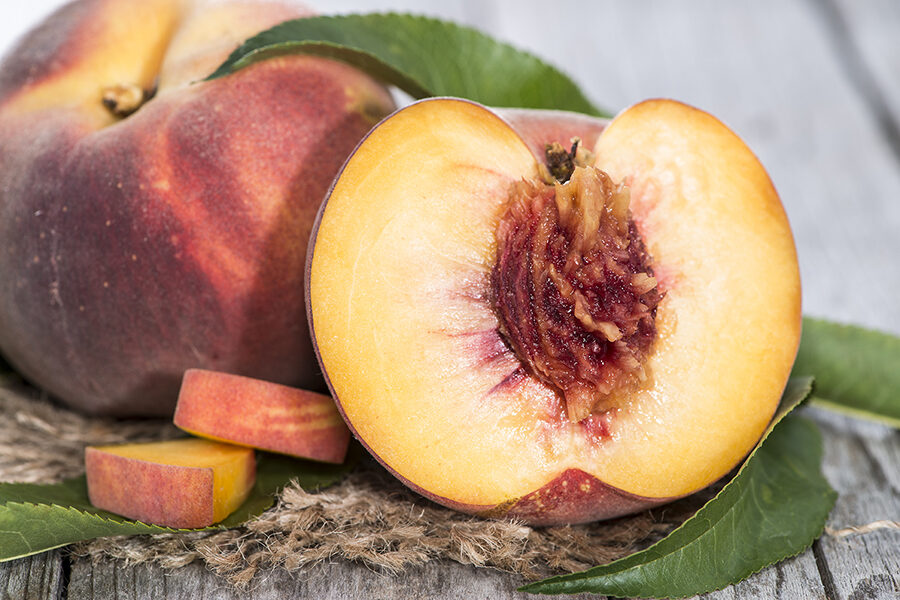
Peaches, with their distinctive juicy and aromatic profile, bring a succulent dimension to the dense, earthy flavors of fall. Their natural sweetness provides a counterpoint to the richer, spiced undertones of the season, creating a harmonious symphony of flavors.
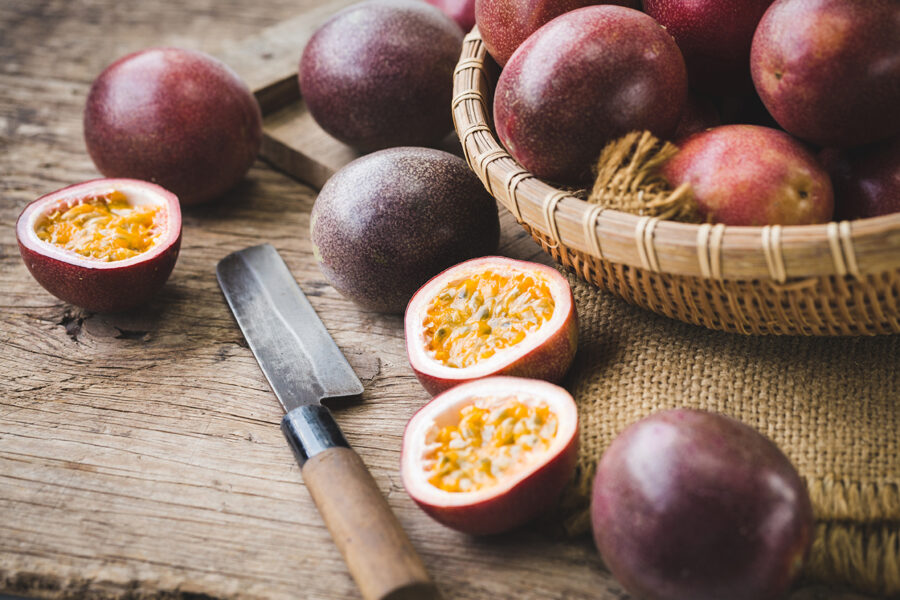
The essence of the passion fruit is captured in the puree, offering chefs and brewers concentrated, multifaceted flavors.
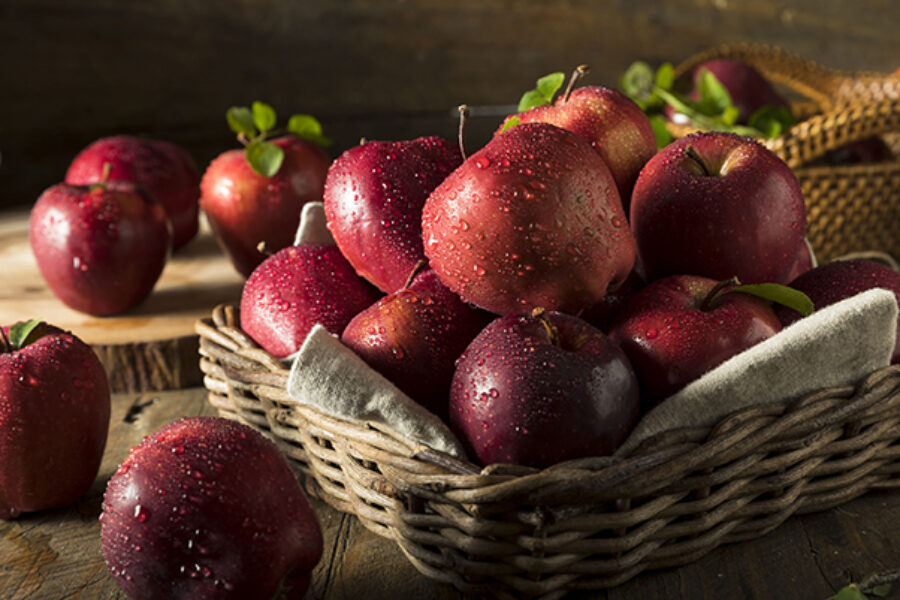
Apple puree elevates brews by infusing them with smooth textures, enhancing mouthfeel, and pairing well with diverse ingredients for more tantalizing flavors.
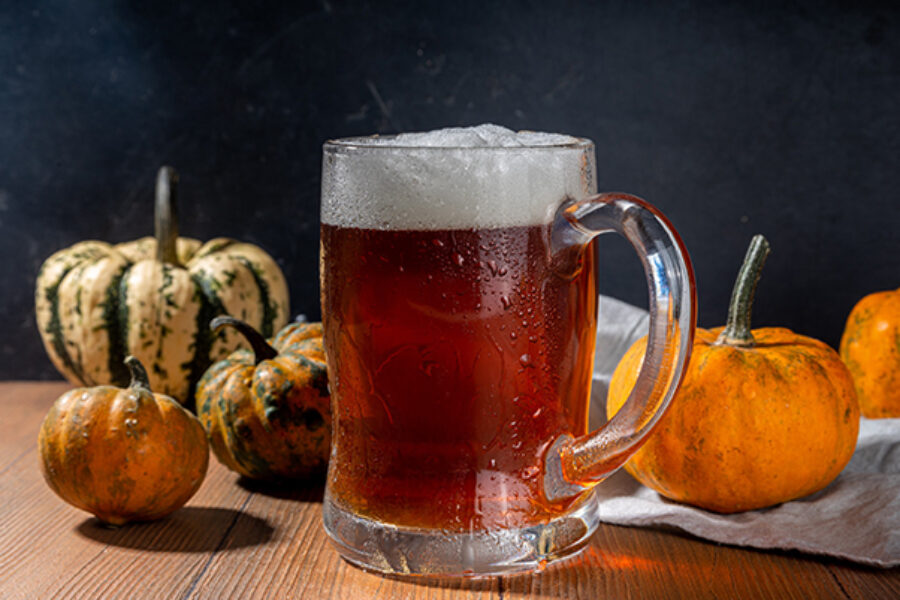
You understand the importance of utilizing quality ingredients to create delicious and innovative products. For early American colonists, ingredients of any quality were hard to come by, but one ingredient was in abundance: the humble pumpkin.
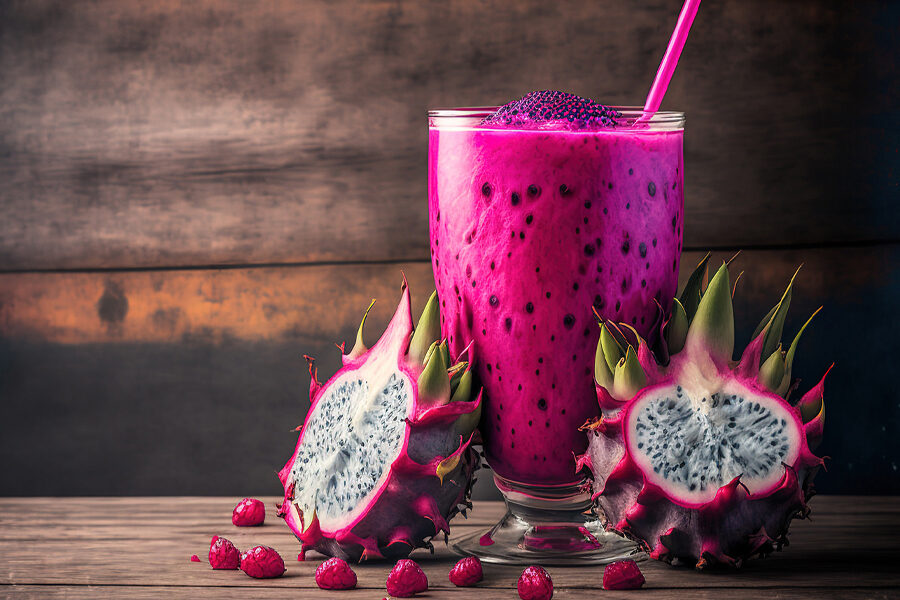
Whether you're a seasoned craft brewmaster or a newcomer to the craft beer scene, we encourage you to experiment with mango puree and see how it can take your beer to the next level.
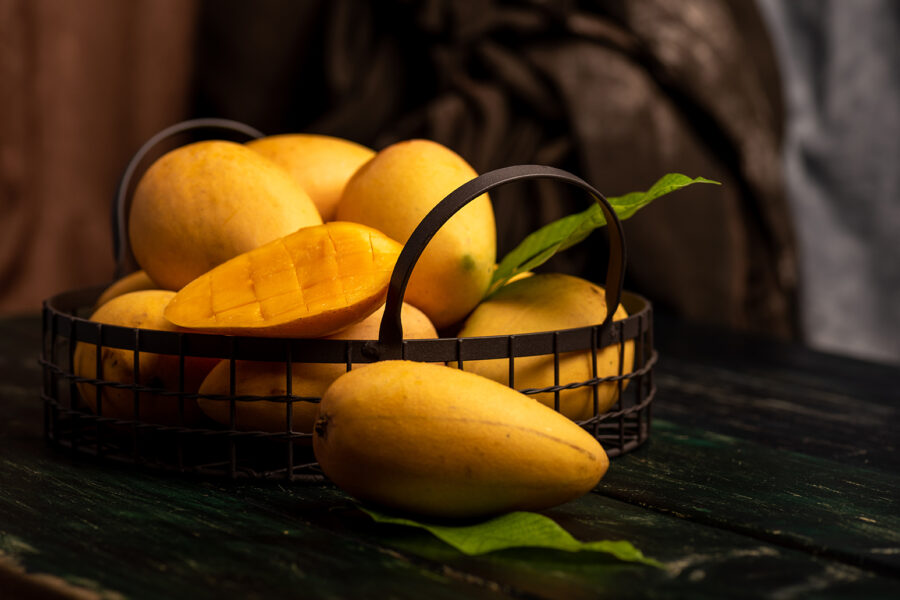
Whether you're a seasoned craft brewmaster or a newcomer to the craft beer scene, we encourage you to experiment with mango puree and see how it can take your beer to the next level.
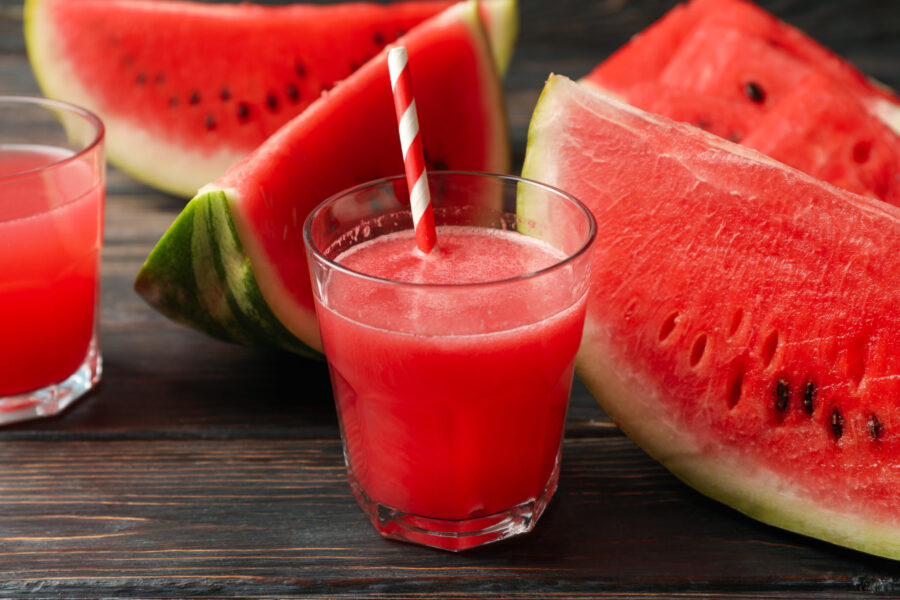
Breweries around the country have been experimenting with the unique flavor profile of watermelon beers in recent years. It’s no wonder. Watermelon is a national favorite with a familiar and refreshing flavor that appeals to both casual and serious beer drinkers. It doesn’t hurt that we associate watermelons with summer, sun, and fun.

Which fruit purees might please the beer drinkers in each state most? To aid our research, we turned to Google search trends and a representative brewery from each state.


